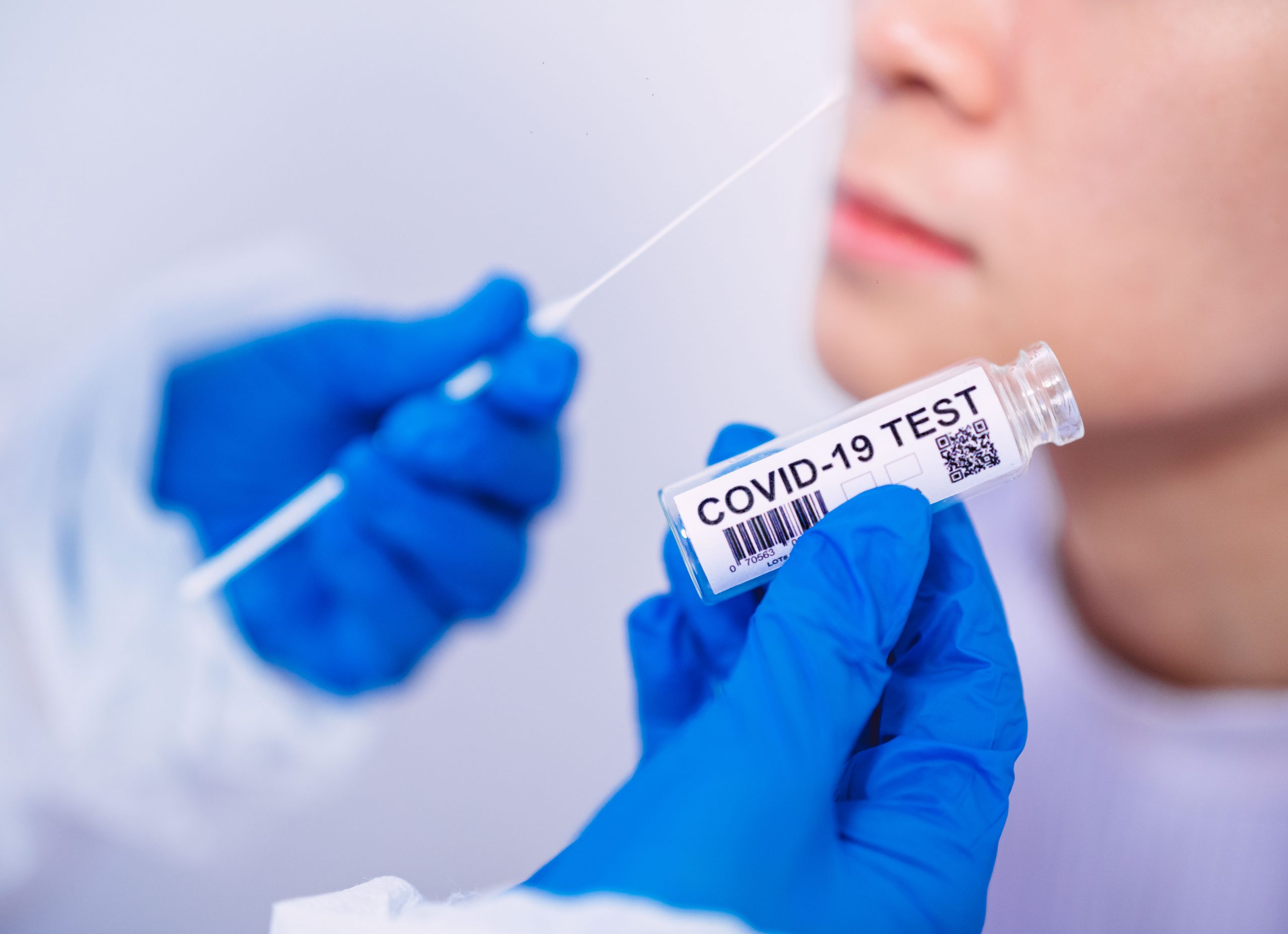New study reveals the 'surprising' early warning signs of coronavirus


New early warning signs of coronavirus have been reported by researchers at King’s College London.
Using data from the COVID Symptom Study app, scientists have discovered the most common early signs of coronavirus.
Researchers have created a list of the most common symptoms reported by patients in the first seven days after onset.
While a dry cough, loss of smell and taste and a fever are commonly known to be signs of coronavirus, the study has uncovered "dark horse" symptoms of the disease.
Two of the most surprising early warning signs revealed in the study are headache and fatigue.
Researchers revealed, "Our data shows that the most commonly experienced early symptoms are actually headache (82%) and fatigue (72%) - and this is the case for all age groups.
"Only 9% of COVID-positive adults aged 18 - 65 didn’t experience headache or fatigue."
GoodtoKnow Newsletter
Parenting advice, hot topics, best buys and family finance tips delivered straight to your inbox.

Don't worry too much if you're suffering from just tiredness and a headache, though. Those two symptoms alone with no sign of a fever, cough or loss of smell are unlikely to be caused by coronavirus.
"While headache and fatigue are commonly found in people who have COVID (alongside other symptoms), having either or both of those symptoms alone is unlikely to be indicative of COVID.
"40% of all age groups reported having a fever in the first seven days, and this or loss of smell and persistent cough are still the key symptoms to be aware of - so people with the classic three symptoms of persistent cough, fever or loss of smell should certainly seek a COVID test."
The study also found that people over 65 reported feeling confused, disorientated and having severe shortness of breath in the early stages of a coronavirus infection.
This comes after experts warned those suffering from cold-like symptoms such as a runny nose to avoid getting a coronavirus test in order to prevent shortages.
Prof Tim Spector, an epidemiologist at King's College London urged parents not to take their child for a coronavirus test if they have a runny nose, explaining it isn't a symptom of the disease.
"If you do have a runny nose or congestion or sneezing that's really a sign that you absolutely do not have Covid," he explained.
"We have to realise that perhaps 98 per cent of all tests done at the moment are negative so many people are getting it wrong."

Caitlin is a Junior News Editor for Goodto.com, covering all things royal, celeb, lifestyle, food, and family. Having set her sights on becoming a magazine journalist when she was a child, Caitlin took on work experience stints at local papers and titles such as Cosmopolitan, Now, Reveal and Take a Break while studying for her Multimedia Journalism degree and has interviews with celebs, reality stars and the Archbishop of Canterbury under her belt (of course, she couldn't resist asking him about Meghan Markle and Prince Harry).